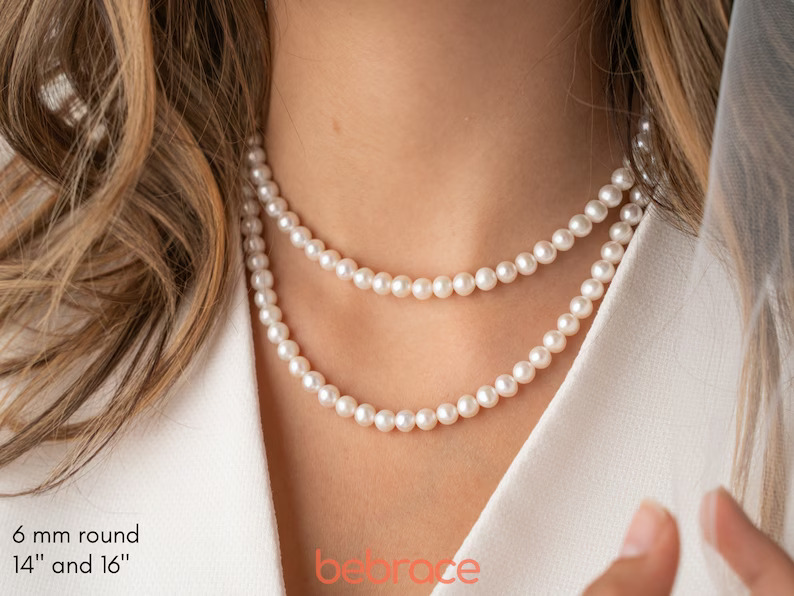The Timeless Elegance of Pearls: From Ocean Depths to Iconic Fashion
Introduction
Pearls, unlike any other gemstone, have a mystique born from the sea. These natural wonders, with their soft, lustrous allure, have been symbols of elegance and sophistication for millennia. This blog post explores the journey of pearls, from their organic formation in mollusks to their revered status in fashion and culture.

The Formation of Pearls
Pearls are unique among gemstones because they are the only ones formed within a living creature. When a foreign substance, often a grain of sand, enters a mollusk, the creature reacts by coating the irritant with layers of nacre, a luminous substance that forms the pearl. Over time, this process results in the creation of a pearl.
Types of Pearls
Pearls are categorized into two main types: natural and cultured. Natural pearls form without human intervention, making them exceedingly rare and valuable. Cultured pearls, on the other hand, are created with human assistance by deliberately introducing an irritant into the mollusk. Cultured pearls dominate the market today and are produced in pearl farms in various parts of the world, including Japan, China, and Tahiti.
Historical Significance
Ancient Adornment and Symbolism
The fascination with pearls dates back to ancient civilizations. They were prized possessions in the Persian Empire, where they symbolized wealth and power. In ancient Rome, pearls were a status symbol, and during the Renaissance, they were so highly coveted that laws were enacted restricting their wear to the nobility.
Pearls in Modern Culture
In the 20th century, pearls became a hallmark of classic style, largely thanks to icons like Coco Chanel and Audrey Hepburn. Pearls symbolized refined elegance and were a staple in every sophisticated woman’s wardrobe. They transcended trends, embodying timeless fashion.
Contemporary Pearls
The Lure of Pearls Today
Today, pearls continue to captivate with their understated elegance. Modern designers are reimagining pearls in contemporary jewelry, blending tradition with innovation. Pearls are no longer seen as just a symbol of traditional elegance but are used in various styles, from casual to avant-garde.
Ethical and Sustainable Aspects
With a growing focus on sustainability and ethical sourcing in the jewelry industry, pearls are increasingly valued for their relatively low environmental impact compared to mining for gemstones. Pearl farming, when done responsibly, can be sustainable, providing economic benefits to local communities while preserving the environment.
Conclusion
Pearls, with their unique origin and lustrous beauty, continue to be a symbol of elegance and sophistication. From their natural formation in the depths of the seas to their iconic status in fashion, pearls have a timeless appeal that transcends generations.
